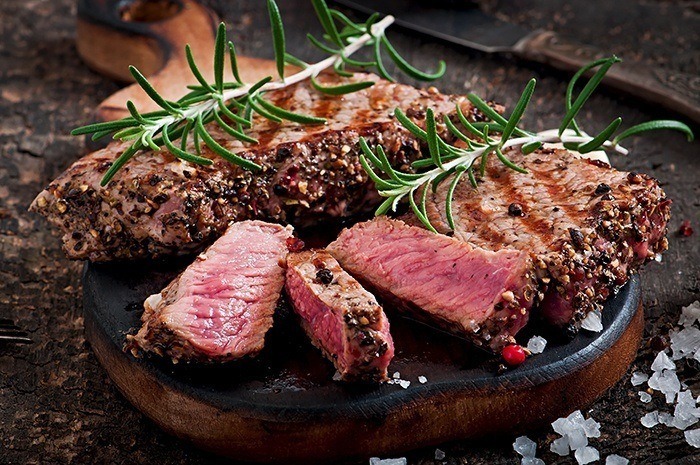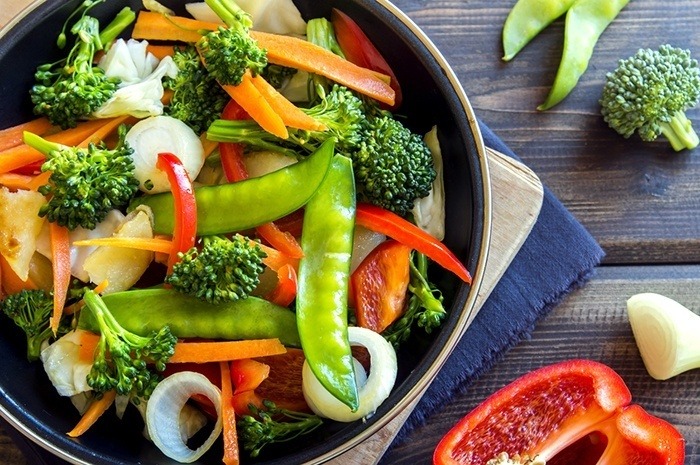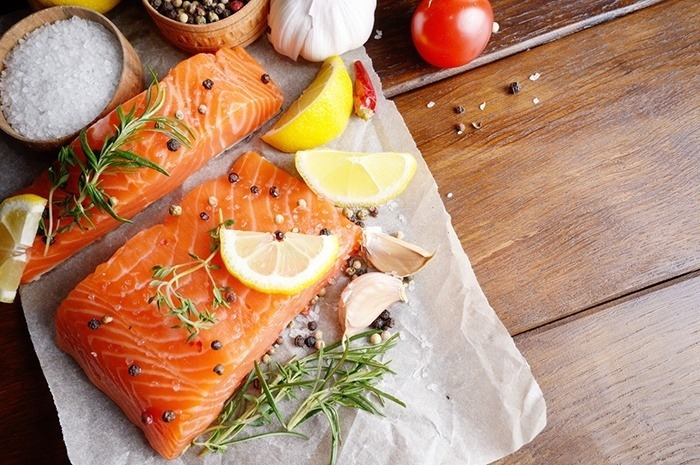10 Eating Habits That Are Raising Your Risk Of Developing Diabetes Slideshow
Avoiding Veggies
When properly prepared, vegetables are the star of the dinner table, but more often than not they are absent from our plates. Popular substitutes for vegetables are refined carbohydrates like mashed potatoes, rice, or pasta, which are devoid of fiber and are converted to sugar more rapidly in the body. Starchy and fibrous vegetables like kale, chard, or sweet potatoes help individuals maintain a healthy weight, provide the body with important nutrients, and slow down the absorption of sugar into the bloodstream, relieving the pancreas of producing insulin.
Bagel for Breakfast
Bagels, croissants, and English muffins might seem like reasonable breakfast choices — they're convenient, easy to eat on the go, and inexpensive — but these breakfast breads are quickly broken down by the body into simple sugars, and are some of the worst things you can have for breakfast. Processed cereal grains such as white flour have a high glycemic load, which means they're almost immediately utilized for energy by the body. Breakfast options that limit the risk of developing diabetes are bran cereals, oranges, unsweetened yogurt, and nut butters.
Drinking Your Calories
Fruit juice, sweetened iced-tea, and lemonade seem harmless, but these drinks are filled with empty calories and are nutritionally equivalent to soda. A 2010 study showed that participants who drink one sugar-sweetened beverage per day are 26 percent more likely to develop diabetes. The immediate and unrestricted flow of sugar into the bloodstream spikes blood sugar levels and puts a strain on the pancreas to produce enough insulin. Only drink sugar-sweetened beverages sparingly, and stick with coffee, water, seltzer, or unsweetened tea.
Excessive Alcohol
Alcohol in moderation isn't a danger — it may even be good for you — but excessive drinking leads to dramatic swings in blood sugar levels. We may not always think of them as carbohydrates, but beer and wine contain calories from both alcohol and sugars, which makes weight loss more difficult. Drinking can also potentially lead to reckless eating habits. If already diagnosed with prediabetes, be especially wary of alcohol consumption because it can interfere with the effectiveness of oral diabetes medicine, specifically chlorpropamide (Diabinese). Symptoms of a reaction between alcohol and diabetes medication include lightheadedness, difficulty with balance, and stomach irritation.
Ice Cream for Dessert
A couple scoops of ice cream for dessert is the perfect remedy for a tough day at the office, but don't make a pint of Häagen-Dazs or Ben & Jerry's a nightly routine. Although a moderate amount of ice cream can be part of a healthy diet, a single cup of full-fat ice cream contains more than half the recommended daily allowance of saturated fat. Studies of certain populations show a positive correlation between dietary fat intake and prevalence of Type 2 diabetes.
Lack of Probiotics
All the beneficial bacteria (probiotics) found in yogurt and fermented beverages like kombucha can lower the risk of diabetes. When harmful bacteria exist in the gut, they hinder healthy digestion, which leads to inflammation and potentially insulin resistance. Studies show that daily probiotic supplementation can reduce the chances of developing diabetes and diminish blood glucose levels in diabetic rats.
Over-Reliance on Fast Food
Although there are healthy fast-food options, the average fast-food meal easily reaches 1,000 calories. The processed grains and sugars found in hamburger buns, French fries, tortillas, and soda lead to spikes in blood sugar and, more importantly, weight gain. There is a clear correlation between diabetes and weight; the extra pounds hinder the body's ability to properly use and distribute insulin. The Obesity Society notes that almost 90 percent of people living with Type 2 diabetes are either overweight or obese.
Salty Meals
Salt is a cook's best friend, but too much sodium causes the body to store extra water, which raises blood pressure levels. This extra fluid puts pressure on arterial walls, which makes them stronger and thicker, but also tighter, and raises the risk of a burst or clog. The American Heart Association notes that high blood pressure is linked to an increased risk of diabetes. Those who are concerned about blood pressure should make sure to avoid these 26 common foods that are loaded with sodium.
Skimping on the Salmon
America is meat and potatoes country, but the cuisines of the world's healthiest countries are focused around seafood. Fatty fish like salmon, mackerel, and tuna are rich in omega-3 fatty acids, which lower blood pressure, reduce the risk of cardiovascular disease, and, according to one study, moderately diminish the risk of developing diabetes.
Too Much Red Meat
Diabetes is often associated with carbohydrates and sugars, but eating too much red meat can also have adverse health effects. Beef and other processed meats are high in saturated fat, which collects around tissue and organs and can exacerbate insulin resistance in diabetics. Stick with lean meats, fish, and legumes when trying to incorporate protein into a diabetic diet.









